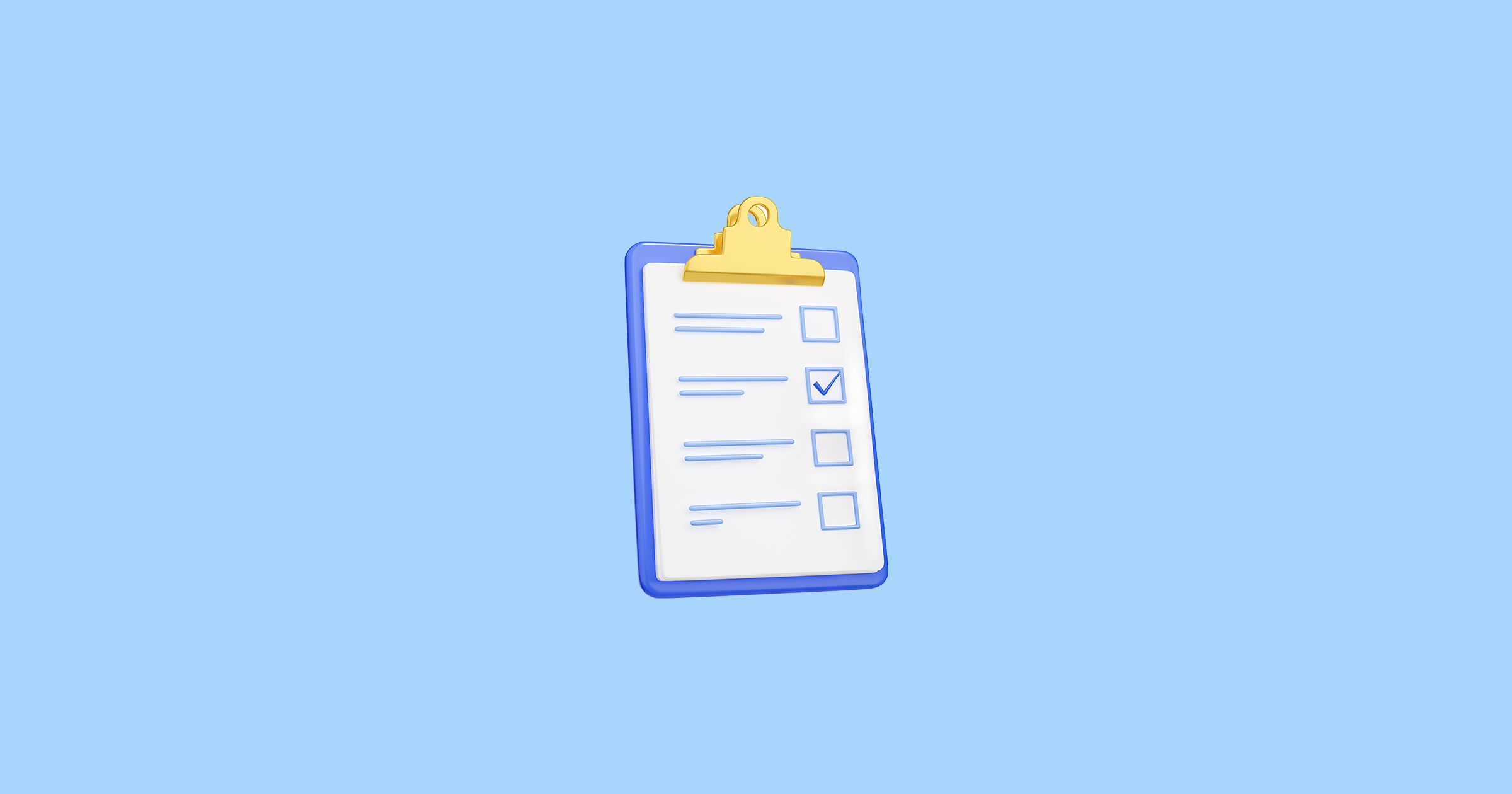This is the 1st article in a 2-part series. You can read Part 2 by clicking here
As you recover from holiday spending and look at a bright new year ahead, you may feel inspired to finally make 2025 the year you’ll be better with money.
To do that, you can keep yourself motivated by taking smaller steps and checking your progress regularly.
So, here are some money lessons you can revisit each month to stay on track with your financial resolutions throughout the year.
January: Be clear about your goals
You may lose motivation when your goals are too intimidating, not meaningful-enough, or seem so far away.
To set clear goals, make sure they’re realistic. If you’d like to hit a major milestone beyond 2025, break it down into smaller steps (sub-goals) and figure out which steps are doable within the year.
A strong emotional connection with your goals can also keep you engaged. Remind yourself how each of your goals align with your life’s purpose to stay motivated.
Tip: Follow through with your goals by understanding what fuels your motivation. This can be a certain reward or an improvement in your quality of life.
February: Know where your money is going
If your financial goals include saving or investing more, you need to start tracking your spending to be successful. You can monitor your expenses with a budgeting app or keep it old-school with a journal.
What’s important is you understand how much you’re spending on needs versus wants and if you’re setting aside a portion regularly for saving and investing to help you reach your goals.
Tip: Create a financial routine that you can follow every week or every payday to make good spending practices a sustainable part of your life.
March: Declutter your financial life
Spring cleaning is good for your finances, too. Organize and secure your financial documents, cancel subscriptions to services you no longer use, and close any accounts you may have outgrown.
Decluttering your finances helps you trim unwanted expenses and fees. It’s also easier to manage your money when you keep only the important or useful financial accounts and documents.
Tip: Keep your important documents safe in a password-protected folder (digital) or a secure storage location (physical). Shred financial papers you no longer need before throwing them away.
April: Understand the power of investing
Whether you're new to investing or already have an existing portfolio, it’s wise to keep expanding your knowledge. Non-investors can start by learning why it’s important to invest and what they need to prepare before they begin.
If you’ve already started, aim to stay informed by discovering ways to manage risks and understanding how different economic conditions can affect investments. You can also look into asset classes beyond what you have in your portfolio.
Tip: Look for trustworthy sources of investing information, but keep in mind that you don’t need to act on every piece of news, especially if it’s not relevant to your situation or strategy.
May: Save for the unexpected
Unexpected events—whether medical emergencies, job changes, car or household repairs—can throw off your financial plans. Aim to save at least 3 to 6 months' worth of your living expenses to keep you covered.
If you already have an emergency fund, regularly check whether it still meets your needs or if any adjustments are necessary.
Tip: When building an emergency fund, consider setting phone reminders or automatic transfers to a designated account each month or payday.
June: Check your progress
June is the perfect time for a financial check-up since you’re already halfway through the year. Are you on track with your savings or investing goals? Do you need to adjust your spending?
Use this mid-year review to identify your hits and misses. Understand which methods are more effective and course-correct, if needed.
Tip: If you’re behind on your goals, consider ways to cut spending or keep lifestyle inflation in check to get back on track.
Read Part 2 here.




